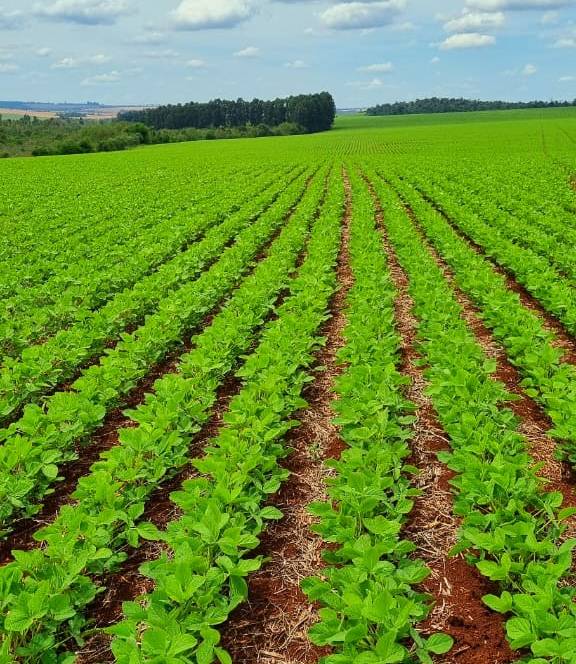The possible increase in the percentage of anhydrous ethanol in gasoline to 30% (E30), which is already being tested by the automotive industry, represents a significant opportunity for the biofuels sector in Brazil. According to the February report by BIOIND MT, if this change is implemented at the beginning of the 2025/26 harvest, the additional demand for anhydrous ethanol could reach 2.06 million m³, an increase of 16.2% in relation to the volume projected for 2024/25.
“The expansion of the mandatory blend is a strategic step towards consolidating ethanol as a key player in the country’s energy matrix. This increase strengthens the entire production chain, benefiting producers, distributors and, most importantly, the environment, by encouraging the use of a renewable fuel with a lower environmental impact,” highlights Giuseppe Lobo, executive director of BIOIND MT.
The adoption of E30 depends on the completion of technical feasibility tests, scheduled for March, and the evaluation of the National Energy Policy Council (CNPE). If approved, the new percentage could increase the role of corn ethanol, which already represents a significant part of national production.
Currently, with mandatory blending at 27%, total demand for anhydrous ethanol in Brazil is estimated at 12.7 million m³. With the new policy, this volume could reach 14.76 million m³ in 2025/26. In Mato Grosso, the leading state in corn ethanol production, the impact will be even more significant, with an estimated increase of 445,950 m³ in demand for this biofuel.
“Regulatory predictability and the advancement of public policies such as the Fuel of the Future are fundamental to guaranteeing security for investors and stimulating competitiveness in the sector”, reinforces Lobo.
BIOIND MT will continue to monitor the evolution of this scenario and provide strategic analyses to guide the sector in the transition to a more sustainable and efficient energy model.





